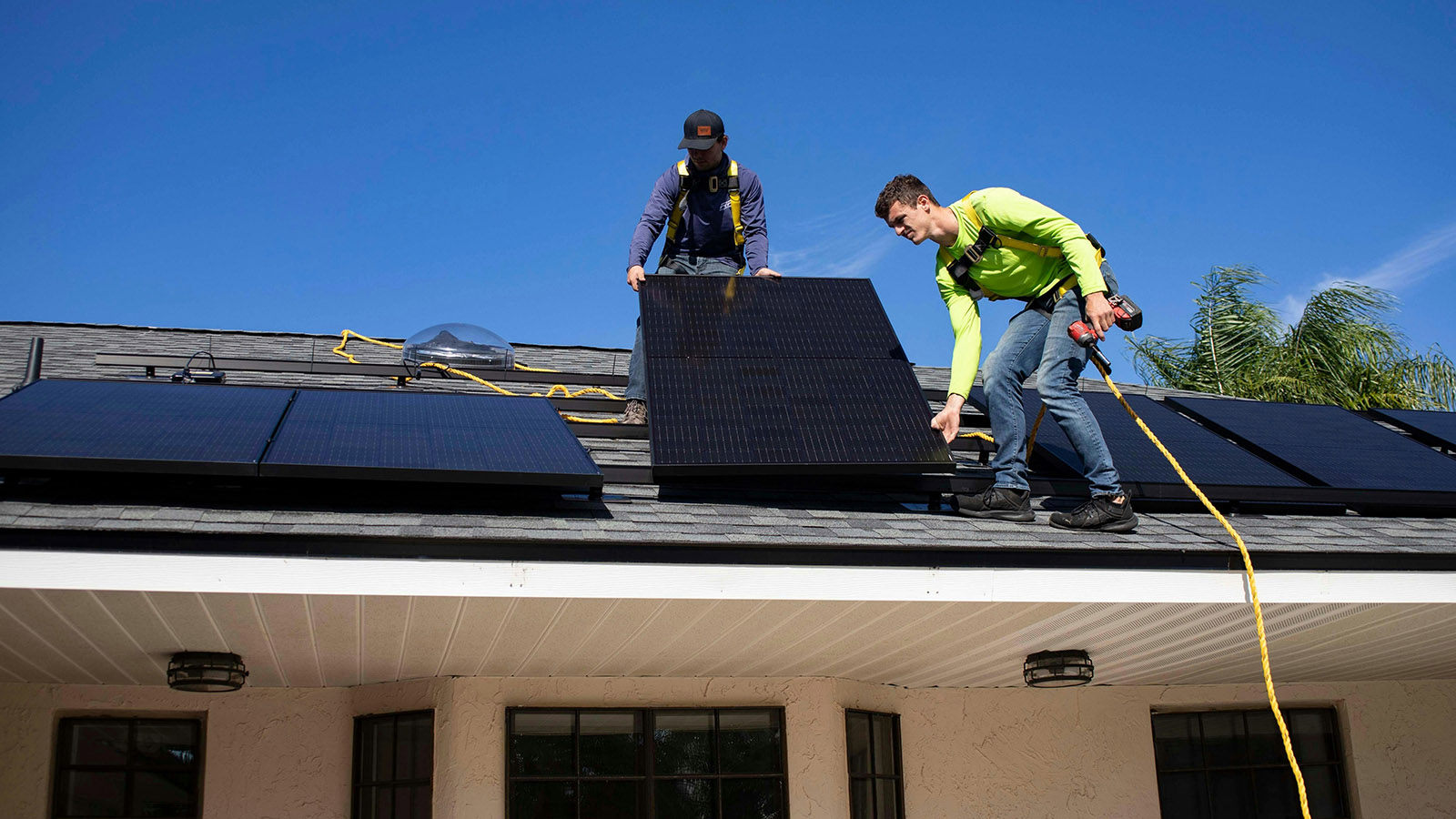When you’re looking for advice on big career decisions, it often helps to hear it from someone who’s been there, done that, and bought the t-shirt.
So we spoke with David Honey. He’s a Principal Consultant working with one of the UK’s leading offshore wind consultancies.
Here’s what he had to say…
How would you describe your role?
As a project manager, I provide environmental support for large-scale offshore wind developments. Day to day, my role involves liaising with clients (developers) and technical teams (both internal specialists and external subcontractors) to pull together information relevant to the project. My purpose is to help the decision-maker - normally governments - decide whether to approve the project or not. If they approve it, the project goes ahead; if they don’t, we adjust our approach accordingly.
On my clients’ behalf, I consider the environmental impact not just of the wind turbines themselves, but also the supporting infrastructure like the underwater cables that bring power to shore.
Essentially, I collate and analyse information critical to the decision-making process.
What drew you to the renewable energy sector?
Climate change, mostly. It’s what led me to study marine biology and marine science at university, and I wanted to put my academic background to good use.
I’ve always felt that working in the renewable energy sector has a personal element to it. I mean, yes, it’s a popular “buzz-field” right now, but that’s because it transcends everything in terms of energy security and moving away from fossil fuels.
I feel passionate about being a small part of a global journey.
)](https://cdn.rejobs.org/article/q-and-a-environmental-consultant/global-wind-capacity-growth-2019-2023-gw.png) Figure 1 - Global total installed wind capacity between 2019 and 2023 in gigawatts (Hutchinson and Zhao, 2023)
Figure 1 - Global total installed wind capacity between 2019 and 2023 in gigawatts (Hutchinson and Zhao, 2023)
What sort of tasks do you typically handle?
A lot of project management, which requires even more communication at different levels. For instance, I’ll take information from clients, and translate it into actionable instructions for our technical teams - and vice versa.
When it comes to large-scale, nationally significant infrastructure projects like offshore wind farms, keeping everyone on the same page and moving in the same direction is a full-time job.
I also do a considerable amount of timesheet work, admin, and invoicing.
What are some of the challenges you face in your role?
It can definitely be easy to get bogged down in the finer details of a project. These schemes usually take 2-5 years to get consent, so I often need to take a step back to remind myself of the scale of it all and motivate myself to maintain momentum.
How do you stay up to date with the latest developments, legislation, and industry trends?
Within my company, we have technical specialists who do exactly that. They relay critical information to those who need it.
Policy and legislation don’t tend to change drastically on a day-to-day basis - these things take time. But there’s a lot of on-the-job learning, and you quickly pick everything up as you go.
With most projects, I’m able to get to know the client, they get to know me, and we all agree to maintain open lines of communication. Clients are always receptive to being advised on what they can and can’t do from a consenting perspective, which is helpful because it means we can avoid legislative issues further down the line.
What skills would you say are needed to excel in your role?
Attention to detail. This is critical. If you try to cut corners or give projects less than 100% of your attention, it can come back to bite you - hard.
Organisation and time management are necessities too. And flexibility, because things and minds change, hurdles pop up, and working for my clients doesn’t mean doing everything they say. Flexibility, combined with tactful communication, is paramount in this job.
Attention to detail. This is critical. If you try to cut corners or give projects less than 100% of your attention, it can come back to bite you - hard.
And lastly, what advice would you give to someone who feels inspired by your journey and wants to do similar work?
Just get involved. Offshore wind isn’t a totally exclusive, specialist field. If you’re passionate enough about it, you can find a discipline to follow - marine biology, ecology, social economics, transport and shipping, ornithology, climate science, aviation, acoustics, supply chain management, marketing… the list is endless.
No one person knows all there is to know about the industry. We all rely on each other, and work as a team.
So don’t feel overwhelmed. Just bring your expertise, passion, and will to learn, and you’ll be able to get involved with one of the most exciting sectors in the world.
Just get involved. Offshore wind isn’t a totally exclusive, specialist field. If you’re passionate enough about it, you can find a discipline to follow.
Thank you, David.
Who do you want to hear from next?
As an Environmental Consultant, David’s role is one of thousands available in the renewable energy sector. If you’re looking to launch a renewable energy career, it can be really helpful to hear insights and advice from people who’ve already trodden the path you want to tread.
So who would you like us to interview next? What role are you looking for more information on?
Let us know. Just email [email protected].
Article by Andy Robinson
Published on August 26, 2023
Share this blog post with your folks, and help them find a career to be proud of.



